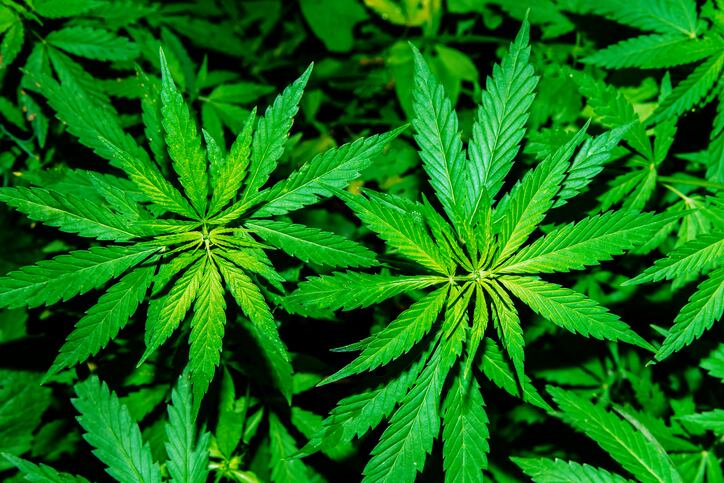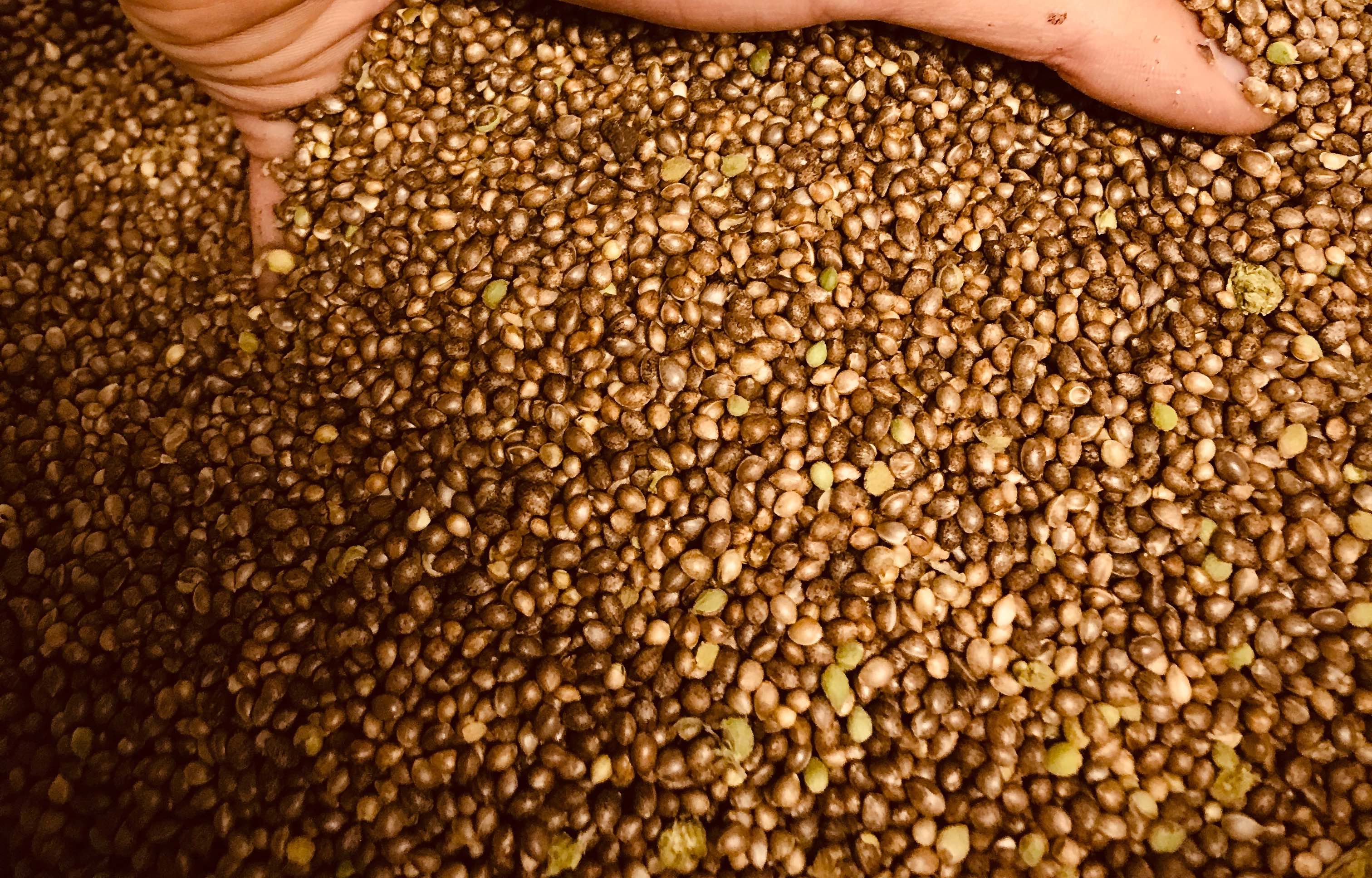The new rules are part of the implementation of the State of Texas’ plan for hemp cultivation, which was approved by the United States Department of Agriculture in time for the 2020 crop year. Under the 2018 Farm Bill, states were required to submit their hemp plans to USDA for approval. Some early adopters, like Colorado, which has had a hemp cultivation plan in existence for more than five years, and Oregon and Kentucky have enjoyed a big head start in the industry. Texas began accepting applications for hemp cultivation licenses in mid March.
Comprehensive new rule
The new proposed regulations, which could be adopted in June, pertain to any hemp products produced in Texas from the crops now being planted. They include specific rules relating to:
- The manufacturing, processing, and distribution of consumable hemp products
- Testing of consumable hemp products by implementing testing and sample analysis
- Packaging and labeling requirements for retailers and shippers
- Registration requirements for retailers and enforcement provisions.
Daniel Fabricant, president and CEO of the Natural Products Association, said his organization does not view the new rules as overly onerous in and of themselves.
“This is a good intention. These rules are well thought out. They cover everything from GMPs to testing to how the products are sold. It is really seed to shelf,” Fabricant told NutraIngredients-USA.
“But our problem is with the whole concept. What if there were one specific rule in Texas on, say, a labeling requirement, that was different from other states. Are you going to have to come up with 50 different labels for your products?” he said.
Logjam at federal level
Fabricant repeated NPA’s call, which has been echoed by other trade groups, by lawmakers and by other stakeholders for action on the federal level to create a fully legal pathway for hemp/CBD dietary supplements to come to market.
FDA has been in a protracted information gathering phase in the wake of a public meeting on the question on May 31, 2019. The agency requested submission from industry stakeholders to help it sort out possible safety question and other considerations. Some companies reportedly were reluctant to participate, as there was no provision for protecting any trade secrets or other proprietary information that might be included in the submissions. When FDA reopened that docket in March it said it now has a provision in place to protect that information, which it is hoped will encourage more submissions.
Even as FDA has smoothed that bump in the road to gathering what the agency says it needs to come to grips with the CBD question, Fabricant said state governments don’t seem to have the same issues.
“It has been almost a year since that meeting in May and we’ve heard nothing. The states aren’t confused; why the hell is FDA confused?” Fabricant said.
“I get it that you don’t want to go with just the first response, you want the best response. But it’s not that complicated. We don’t want lead in the products, we don’t want products extracted with things like gasoline or hexane. Let’s move ahead and put a temporary rule in place to give consumers some confidence and bring some rationality to the market,” Fabricant said.
Turning up pressure on FDA
Steve Hoffman, principal in the firm Compass Natural Marketing, has worked on many hemp ballot initiatives and consults with companies within the space. He echoed Fabricant’s concern with the multiplicity of new regulations. He also said he hopes that these developments will turn up the pressure for an overarching federal regulatory solution.
“With the state of Virginia recently legalizing hemp extract in food and beverage products, and now the state of Texas coming out with its own set of rules and regulations, what we have here is a classic case of a patchwork of different state laws that could frustrate manufacturers, but that ultimately will put pressure on the FDA to develop overall national regulation regarding hemp and cannabinoid extract products in food and beverage and dietary supplement products. On the hopeful side, laws like in Virginia that legalize hemp extract in food could also drive the FDA to change its position in this regard,” Hoffman said.




